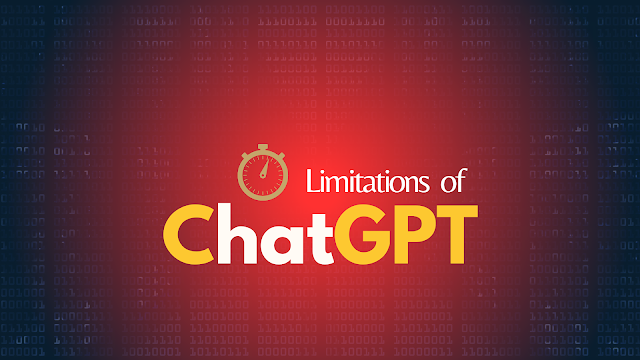Misconceptions About ChatGPT
It's important to recognize that ChatGPT is a tool designed to assist humans in various tasks, and that its abilities and limitations should be understood in context. Additionally, it's important to critically evaluate any information generated by ChatGPT or any other AI system, and to recognize that it may not always be accurate or unbiased.
As an AI language model, ChatGPT is a computer program and is not capable of generating rumors or spreading false information. However, there may be some misconceptions or misunderstandings about ChatGPT or AI in general, such as:
- ChatGPT is a human-like entity that has consciousness and emotions.
- ChatGPT is always accurate and infallible.
- ChatGPT is a threat to human employment and will replace human workers in many industries.
- ChatGPT is capable of making ethical or moral judgments in the same way that humans can.
Limitations of ChatGPT
- ChatGPT's responses are based on statistical patterns and associations learned from large amounts of text data, and are not always accurate or contextually appropriate.
- ChatGPT may generate responses that are biased or reflect the prejudices and stereotypes present in its training data.
- ChatGPT may not be able to understand complex or nuanced information that requires human reasoning and judgment.
- ChatGPT may struggle to recognize sarcasm, humor, and other forms of non-literal language.
Expertise of ChatGPT
- ChatGPT has a vast knowledge base and can provide information on a wide range of topics, including science, history, art, and popular culture.
- ChatGPT is skilled at generating text content such as summaries, descriptions, and explanations.
- ChatGPT can engage in natural language conversations and adapt its responses based on the context of the conversation.
- ChatGPT can provide suggestions and recommendations based on input given by the user.
Advantages That Make ChatGPT A Useful Tool
While ChatGPT has many advantages, it's important to recognize its limitations and understand that it is not a replacement for human expertise or judgment in all situations. Additionally, it's important to use ChatGPT responsibly and critically evaluate its responses and recommendations.
Alternative AI language models to ChatGPT
There are several alternative AI language models that can perform similar functions to ChatGPT, including:
GPT-2: A more advanced version of ChatGPT, developed by OpenAI, which is capable of generating even more sophisticated and natural language responses.
BERT: A language model developed by Google that can perform a wide range of natural language processing tasks, including sentiment analysis, named entity recognition, and language translation.
XLNet: A language model that is capable of generating coherent and accurate responses based on the context of the input, making it a useful tool for natural language conversations.
T5: A language model developed by Google that can perform a wide range of natural language tasks, including summarization, language translation, and question answering.
RoBERTa: A language model developed by Facebook that is designed to improve the accuracy and robustness of natural language processing tasks, making it a useful tool for complex language-based applications.
These models are all highly advanced and capable of generating accurate and sophisticated responses, depending on the input and context. However, each model has its own strengths and weaknesses, and the best model for a particular application will depend on the specific requirements and goals of that application.









